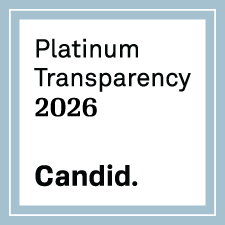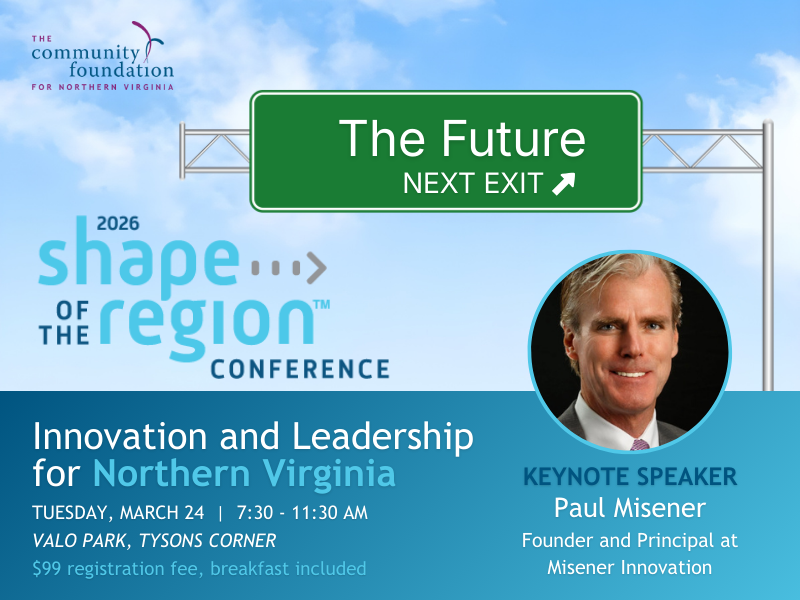by Steve Wittenberg, JD, LL.M, MBA, Director of Legacy Planning, SEI Private Wealth Management
As “goals based” wealth advisors, we have learned over the years that wealth creators possess unique goals and challenges. Most believe that philanthropy is part of their legacy. Passing down values to future generations is important. However, some worry the “good” may conflict with a “selfishly social benefit.” This is the perception that one is giving back for personal attention and accolades. Some believe giving large sums may lead to reduced privacy. Others avoid getting started out of fear of being inefficient or because they struggle with how to measure impact.
The failure to “get started” or pause during times of economic downturn should be avoided. As advisors, we can play a unique role in helping refocus clients on holistic planning (the intersection of self, family and community goals) to ensure charitable goals don’t take a back seat.
In our practice, we see an increased desire to make a community impact. During challenging times like these, uncertainty with tax laws and potential cutting of essential services, it is the wealthy, charitably minded clients that should be reminded that there is a true opportunity to utilize charitable giving to support organizations that may struggle.
When dealing with charitably inclined families, consider introducing the following best practices:
- Understand “how much is enough.” An approach to planned giving must start with families first understanding “How much is enough” for themselves, followed by charitable strategic thinking.
- Get started the right way. Engage in a guided “discovery” process to define your goals, the impact you want to pursue and to develop a family mission and vision. Discovery will help record family stories and set giving parameters for direction and guardrails.
- Engage – encourage families to not be afraid to jump in. Families can use time and talent as a good early step. Families should be open to risk making mistakes which can help create impactful parameters.
- Learn from your peers. Engaging with other like-minded families in conversation is a valuable experience. There is nothing like hearing new ideas from other philanthropic families to better identify and align wealth to giving opportunities in local communities.
- Create a Formalized Process. Philanthropic giving requires discipline. Creating a formalized process will help giving activities last well into the future, with impact. This process includes leveraging the right advice and iterating for changes in circumstances.
- Evaluate techniques beyond checkbook philanthropy. Useful tools include donor-advised funds (DAFs), charitable trusts, private foundations, IRA distributions to charity, and gifts of appreciating stock. We know many families have already established a DAF at the Community Foundation for Northern Virginia (the Community Foundation) to receive an upfront tax deduction and then utilize to support charitable causes down the line. The key is to balance your desire for control with formality.
- Access consultants. Partner with the right advisor. Professional expertise is available to evaluate and teach how to measure impact. An emphasis on strategic planning to help reduce taxes and identify excess wealth is important and requires engagement across generations and better leveraging of resources. With tax reform on the horizon, utilizing professionals to keep apprised of legislative impact and plan for maximizing tax benefits, is critical.
- Lean on the Community Foundation. The Community Foundation is connected to local nonprofits and privy to the community’s greatest needs. They are a resource to maximize the impact of gifts and help ensure that whatever dollar amount is given makes a real difference.
- Use philanthropy as a platform to teach the whole family about financial responsibility. Conduct regular family meetings. Discuss results. Reset goals for future generations.
Charitable giving can be a daunting task filled with many choices but as a community with a vested interest in doing good, there is a unique opportunity to work together to make it easier to do the right thing. That’s why collaborating with the Community Foundation and professional advisors is valuable when discussing charitable giving. Collectively, we can parse through the complex tools and do a deeper dive on the hundreds of charities in the community. Proactivity is key. Legacy and philanthropy planning is a year-round, perpetual process. We and the Community Foundation will help develop a plan that maximizes not only our client’s charitable goals, but also our client’s financial goals.
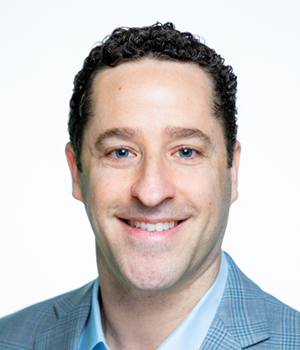 by Steve Wittenberg, JD, LL.M, MBA, Director of Legacy Planning, SEI Private Wealth Management
by Steve Wittenberg, JD, LL.M, MBA, Director of Legacy Planning, SEI Private Wealth Management
SEI Private Wealth Management is an umbrella name for various wealth advisory services provided through SEI Investments Management Corporation, a registered investment advisor.
This material represents an assessment of the market environment at a specific point in time and is not intended to be a forecast of future events, or a guarantee of future results. This information should not be relied upon by the reader as research or investment advice. This information is for educational purposes only and should not be interpreted as legal opinion or advice. It is intended to provide you with a preliminary outline of your goals. Please consult your legal counsel for additional information.
Components of these services and programs may be offered by SEI subsidiaries and non-affiliated third parties
Neither SEI nor its affiliates provide tax advice. Please note that (i) any discussion of U.S. tax matters contained in this communication cannot be used by you for the purpose of avoiding tax penalties; (ii) this communication was written to support the promotion or marketing of the matters addressed herein; and (iii) you should seek advice based on your particular circumstances from an independent tax advisor.
The Community Foundation team is happy to help you structure charitable giving tools and plans to achieve your clients’ philanthropic goals—whether through beneficiary designations or any other type of charitable giving vehicle. This email address is being protected from spambots. You need JavaScript enabled to view it.!
The information contained in this article is provided for informational purposes only. It is not intended as legal, accounting, or financial planning advice.


 Questions?
Questions?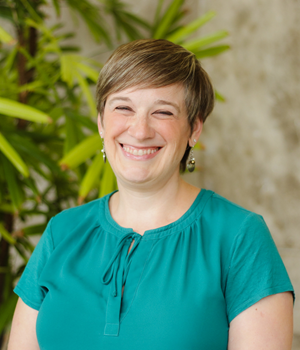 Questions?
Questions?
